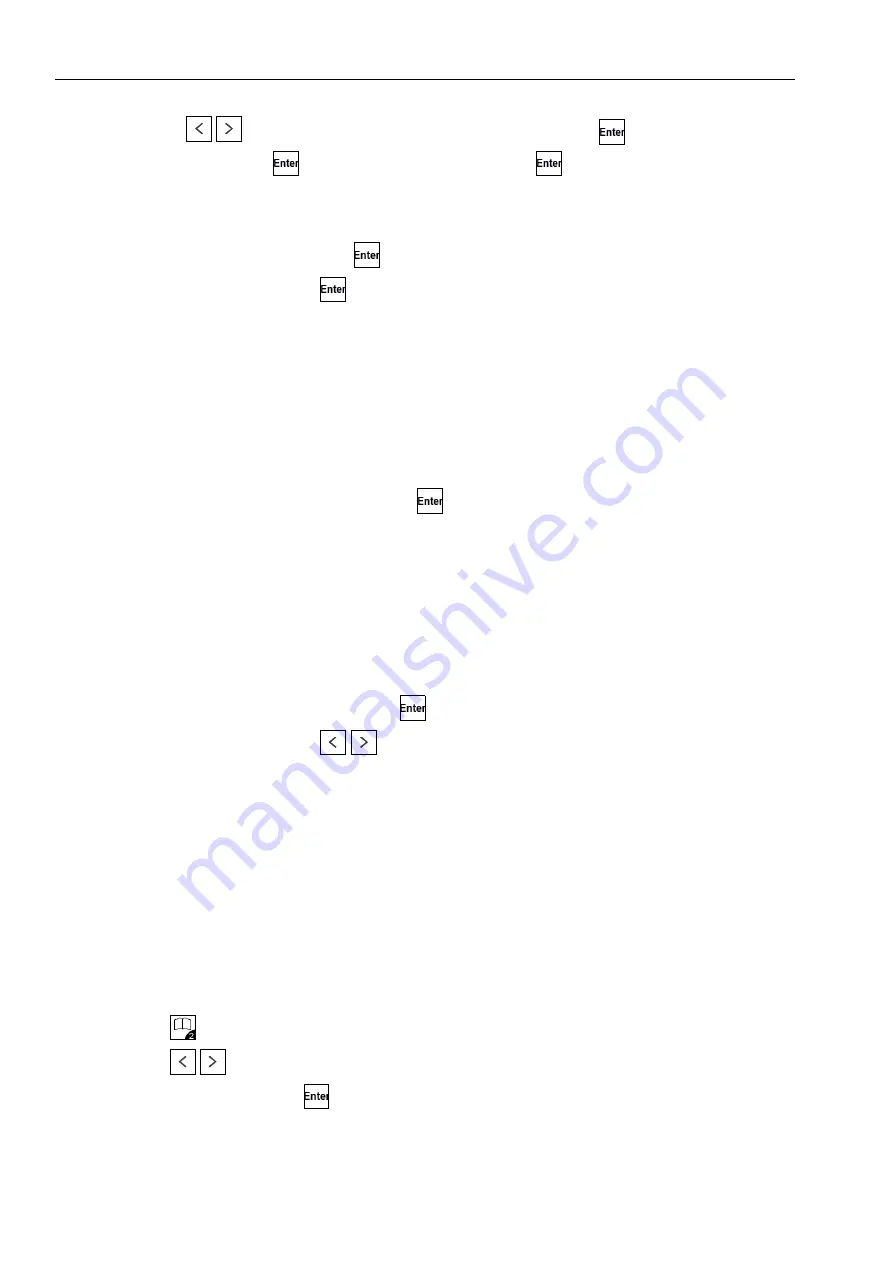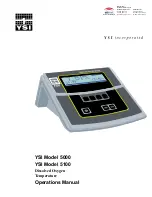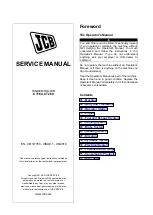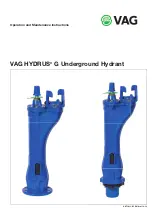
40
Faults and warnings
3. Select
the desired feeding box and press
HygieneBox
.
4. Confirm
Valve set
and
choose
back
. Confirm with
.
5. In
water to drain
or
water to mixer
shows the check (
) behind the selected line the last
position to which the valve was switched.
6. Press
water bo.: open?
until
the mixer is filled with water.
7. Confirm
pumping water
to pump the water in the circuit or into the gully. The direction
can be detected at
.
8. Check whether the 3/2-way valve in the HygieneBox housing is leaking.
If it is leaking it must be replaced by a service technician.
9. Check whether the hoses are leaking and replace them if needed.
10. Check whether the drain valves in the automatic feeder are leaking. For this, refer to the op-
erating manual of your automatic feeder.
11. Respond to
Delete fault?
by pressing
, once you have rectified the fault.
10.2 Warnings
10.2.1 HygieneBox
You will see the text
Warning HygieneBox
in the display, if the automatic feeder fails to receive
regular feedback from the HygieneBox.
You rectify the warning as follows:
1. Confirm
HygieneBox warning
with
.
2. If applicable, select with
the desired feeding box in which
no connection
is dis-
played.
3. Check all the cable connections.
10.3 Diagnosis
The HygieneBox and its functions can be checked via the
Diagnostics
menu of the automatic
feeder. This menu facilitates troubleshooting in the event of a technical problem with the Hy-
gieneBox.
10.3.1 Checking stations
In this menu, you check the feeding box.
1. Use
> Diagnostics > Stations
to navigate to the
Feeds
submenu.
2. Use
to select the desired station to which a HygieneBox is connected.
3. In
HygieneBox
, press
to check the HygieneBox values.








































